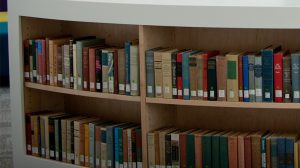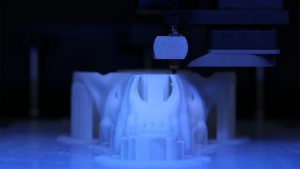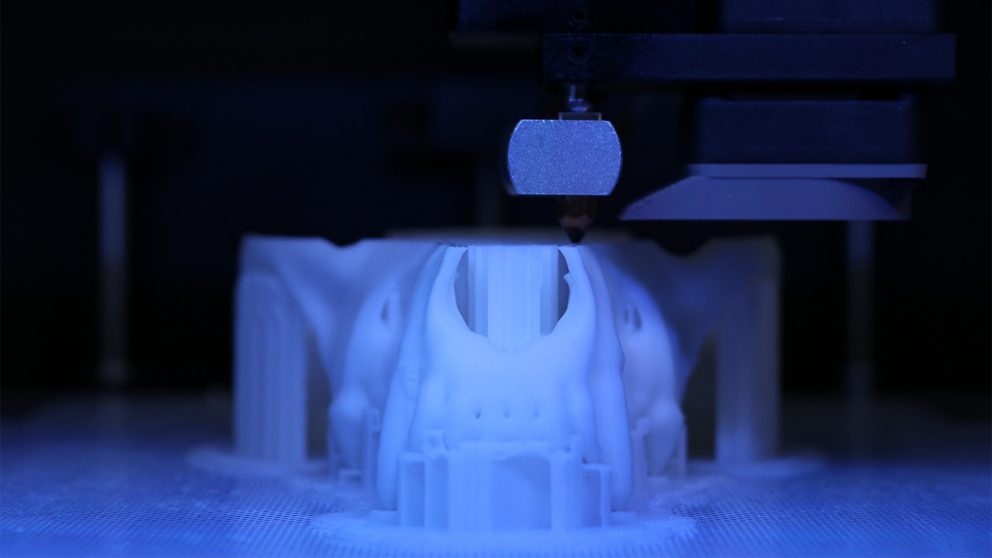What has risen in cost faster than new home prices and healthcare?
Surprise, it’s textbooks.
Today’s college textbooks are more than 800 percent pricier than in 1978, sharply outpacing inflation and averaging nearly $5,000 for four years of study.
So what does a student with a limited budget do? In 2014, nearly 7 in 10 college students reported not purchasing a textbook because they could not afford it, and most of those students feared it would impact their performance in a course.

That’s why NCSU Libraries created the Alt Textbook Project, which provides mini-grants and support for faculty to adopt, adapt or create free and open alternatives to textbooks.
“This [project] is about creating free and better resources … that make sure students can afford to participate in higher education while also making instruction better and more powerful,” said Will Cross, Director of NCSU Libraries’ Copyright and Digital Scholarship Center that coordinates the project.
Open education resources range from websites and multimedia to digitized databases and journal articles already available to students through the Libraries. In 2015, Alt Textbook helped nine NC State courses transition to open resources, generating $250,000 in avoided textbook costs.
For example, every year more than 3,000 students enrolled in organic chemistry labs now have access to a series of instructional videos that improve learning. Nearly 350 students enrolled in a course about Diversity and Inclusion in Parks, Recreation and Tourism Management use a faculty-created website of resources because a textbook doesn’t exist.
Quite intentionally, these resources reside online so that the impact extends beyond NC State.
“It’s making NC State the example by creating resources open to anyone who is trying to teach that material,” said Lillian Rigling, an NCSU Libraries Fellow coordinating the Alt Textbook project. “Not only can we make it better for our students but the field is improved as a whole.”
Savings and impact are also mounting among the second round of 11 participating courses.

College of Veterinary Medicine anatomy faculty have created video demonstrations, diagrams and other learning resources that have reduced the need for 100 students annually to buy supplementary textbooks and e-resources. Assistant Professor Chris Walker is also amid a year-long effort to digitize dog and cat bones so that future vet students have access to 3D models of skeletons.
“3D printed bones are durable, fully replaceable, recyclable and customizable. With the digital bone files, students can also use free software to view and study bones in three dimensions without needing to print,” he said.
Teaching Assistant Professor Autumn Belk made the switch from textbook to multimedia website in order to create a better learning experience for the up to 600 students who take Yoga courses annually.
“The current book used was not a huge expense for students, but it also wasn’t the best resource. I wanted to create a better ‘book’ for the students, and to make it free and open to those outside NC State was also appealing because yoga in itself is really about helping others,” Belk said.
Alt Textbook’s multidimensional benefits — enhanced student success as well as reduced financial and environmental impacts — contribute to sustainability efforts at NC State and beyond.
Inspired by successful programs at Temple University and UMass-Amherst, the Alt Textbook program is the first of its kind in North Carolina and among the leaders in a growing national open source movement that Cross and Rigling hope attract more faculty.
“It’s really important for the Libraries to champion access to free resources. These resources are better. They’re customizable, they’re not always a packaged book. They are generally digital and can engage students in a different way,” Rigling said.
Alt-Textbook is accepting applications for courses taught in 2017-18. More information about the open textbook movement is available at an Open Textbook Workshop on March 27.
